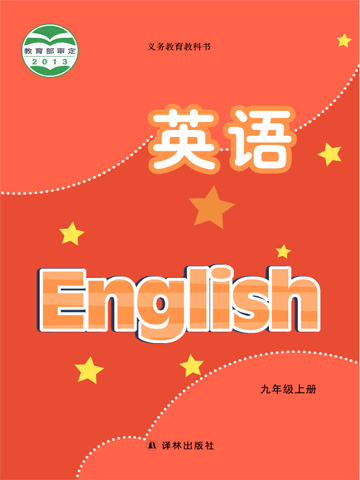Irregular verbs课文原文、中英文对照及听力音频听读
Appendices - 译林版(初中)英语九年级上册
Irregular verbs 翻译:不规则动词
Base form 翻译:原形
Simple past 翻译:一般过去式
Past participle 翻译:过去分词
be was/were been 翻译:是
bear bore born 翻译:生育;忍受;承担
beat beat beaten 翻译:打败
become became become 翻译:变成
begin began begun 翻译:开始
blow blew blown 翻译:(风)吹,刮
break broke broken 翻译:打破
bring brought brought 翻译:带来
build built built 翻译:建造
burn burnt burnt burned burned 翻译:燃烧
buy bought bought 翻译:购买
catch caught caught 翻译:抓住;赶上
choose chose chosen 翻译:选择
come came come 翻译:来;出现
cost cost cost 翻译:花费
cut cut cut 翻译:切;割;剪
deal dealt dealt 翻译:处理
dig dug dug 翻译:挖掘;探究
do did done 翻译:做
draw drew drawn 翻译:画,绘画
dream dreamt dreamt dreamed dreamed 翻译:梦想;做梦
drink drank drunk 翻译:喝,饮
drive drove driven 翻译:开车;驱动
eat ate eaten 翻译:吃
fall fell fallen 翻译:掉下;落下
feed fed fed 翻译:喂养
feel felt felt 翻译:感觉
fight fought fought 翻译:打架;战斗
find found found 翻译:发现;找到
fly flew flown 翻译:飞;飞行
forget forgot forgotten 翻译:忘记
get got got 翻译:得到;到达
give gave given 翻译:给予;供给
go went gone 翻译:去
grow grew grown 翻译:生长,长大;种植
hang hung hung 翻译:悬挂
have had had 翻译:有,具有
hear heard heard 翻译:听见,听到
hide hid hidden 翻译:隐藏
hit hit hit 翻译:打击;碰撞
hold held held 翻译:拿住,握住;保留,保存
hurt hurt hurt 翻译:使受伤
keep kept kept 翻译:保持,保留
know knew known 翻译:知道;认识
lay laid laid 翻译:放置;铺放
lead led led 翻译:领导;引导
learn learnt learnt learned learned 翻译:学习;学会
leave left left 翻译:离开;出发;留下
lend lent lent 翻译:把……借给
let let let 翻译:让,允许
lie lay lain 翻译:躺;摆放
light lit lit lighted lighted 翻译:点燃;发亮
Base form 翻译:原形
Simple past 翻译:一般过去式
Past participle 翻译:过去分词
lose lost lost 翻译:遗失,失去
make made made 翻译:做,制造
mean meant meant 翻译:意味着;意思是
英语译林版(初中)九年级上册课文目录
- Irregular verbs
- Notes
- Grammar check
- Proper nouns
最新学习记录 更新时间:2026-03-03 12:55:52



 切换教材
切换教材